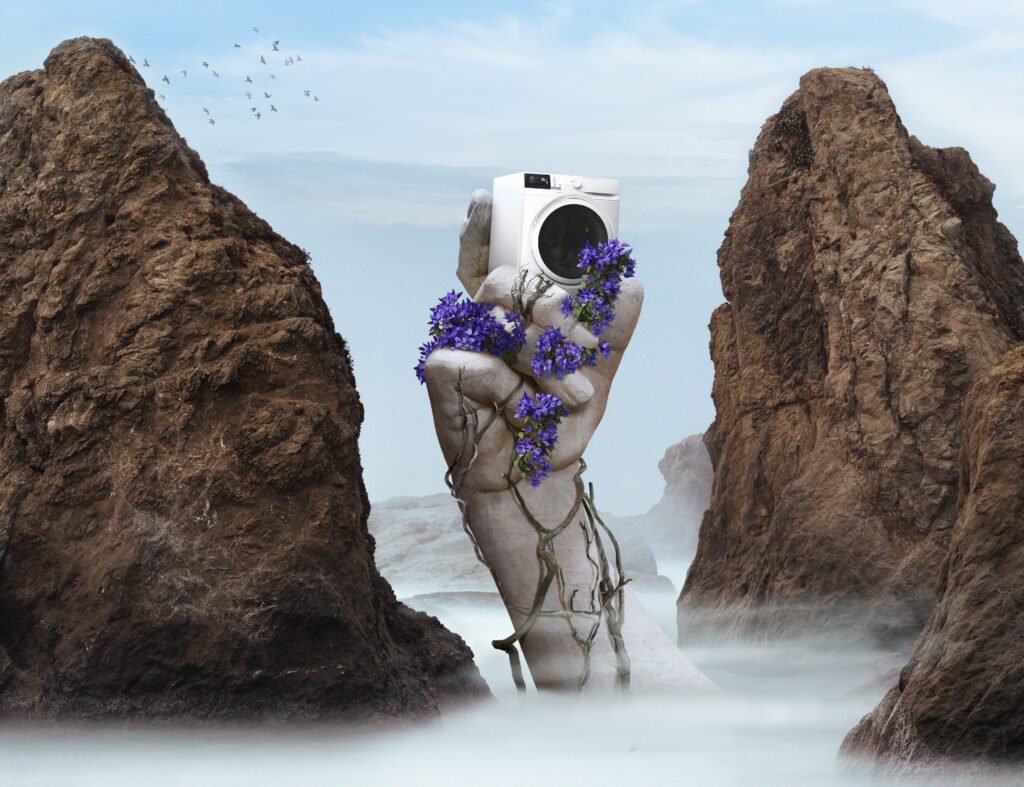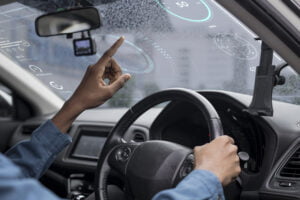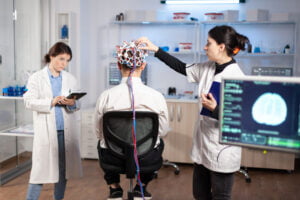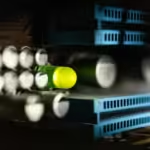Artificial Intelligence (AI) has emerged as a powerful force in the world of creativity, revolutionizing the way we approach various creative disciplines. With its ability to process vast amounts of data and generate innovative solutions, AI has become an indispensable tool for creative professionals across different fields.
In this article, we will explore the impact of AI on creativity, the range of AI-powered tools available to creative professionals, and the ethical considerations that arise in this rapidly evolving landscape.
The impact of AI on creativity
AI has had a profound impact on creativity, pushing the boundaries of what is possible in various artistic endeavors. One of the key ways AI has transformed creativity is through its ability to analyze and interpret vast amounts of data. This allows AI to identify patterns, trends, and insights that human creators may not have been able to perceive on their own. By leveraging this data-driven approach, AI can generate new ideas and concepts that can inspire and inform the creative process.
Moreover, AI has also enabled the automation of certain repetitive and time-consuming tasks, freeing up creative professionals to focus on more complex and imaginative aspects of their work. For instance, in graphic design, AI-powered tools can quickly generate multiple design options based on a set of parameters, saving designers countless hours of manual work. This automation not only improves efficiency but also opens up new possibilities for experimentation and exploration.
AI-powered tools for creative professionals
AI-powered tools have become increasingly prevalent across various creative disciplines, offering a range of functionalities that enhance and augment the creative process. In visual arts and design, AI algorithms can analyze images, identify objects and patterns, and generate realistic renderings or manipulate existing visuals. This allows designers to explore new aesthetics and experiment with different visual styles, pushing the boundaries of traditional design.
In music and audio production, AI can compose melodies, harmonies, and even entire songs based on input from human composers. These AI-generated compositions can serve as a starting point for human musicians, sparking new ideas and inspiring unique musical creations. Additionally, AI can also assist in audio post-production by automatically enhancing sound quality, removing background noise, and even generating realistic voiceovers.
AI in writing and storytelling
AI has also made its mark in the realm of writing and storytelling. Natural Language Processing (NLP) algorithms can analyze vast amounts of text data, enabling AI to generate written content that adheres to specific styles or tones. This has applications in various fields, including content creation, marketing, and even journalism. AI-powered writing assistants can provide suggestions, correct grammar and syntax, and even generate entire paragraphs or articles, making the writing process more efficient and collaborative.
Furthermore, AI has also been utilized in the field of storytelling, where algorithms can generate narratives, plotlines, and even characters. While AI-generated stories may lack the depth and nuance of human-created narratives, they provide a starting point for human writers, sparking new ideas and pushing the boundaries of storytelling conventions. AI can serve as a creative collaborator, augmenting human imagination and offering fresh perspectives.
AI in marketing and advertising
In the realm of marketing and advertising, AI has become an invaluable tool for analyzing consumer behavior and generating personalized experiences. AI algorithms can process vast amounts of data, including social media interactions, browsing history, and purchase patterns, to identify trends and preferences. This allows marketers to create targeted and personalized campaigns that resonate with their audience.
Moreover, AI-powered tools can also optimize advertising campaigns in real time by analyzing performance data and adjusting targeting parameters accordingly. This data-driven approach maximizes the effectiveness of marketing efforts, ensuring that resources are allocated to the most impactful strategies. AI can also automate certain aspects of the creative process, such as generating ad copy or selecting visuals, saving marketers valuable time and effort.
Ethical considerations in AI creativity
As AI continues to play an increasingly prominent role in the creative industry, it is crucial to address the ethical considerations that arise. One of the main concerns is the potential displacement of human creators. While AI can augment and enhance the creative process, it is essential to recognize and preserve the value of human imagination, intuition, and emotion in artistic expression. Striking the right balance between AI and human creativity is crucial to ensure that the unique aspects of human artistry are not lost in this technological transformation.
Another ethical consideration is the bias that can be inherent in AI algorithms. Since AI learns from existing data, it can perpetuate societal biases and prejudices present in the data it is trained on. This raises concerns regarding fairness, diversity, and inclusivity in AI-generated content. It is imperative for creators and developers to actively address these biases and ensure that AI is used responsibly and ethically.
The future of AI in the creative industry
The fusion of AI and human creativity holds immense potential for the future of the creative industry. As AI continues to advance, we can expect even more sophisticated tools and algorithms that further augment the creative process.
However, it is crucial to remember that AI is a tool, not a replacement for human creativity. The true power lies in the collaboration between AI and human creators, leveraging the strengths of both to push the boundaries of innovation and imagination.
The future of AI in the creative industry also raises questions about copyright and ownership. As AI becomes capable of generating original content, it becomes essential to establish clear guidelines and regulations to protect the rights of creators. Additionally, the ethical use of AI in creative endeavors will continue to be a topic of debate and discussion, necessitating ongoing dialogue between creators, policymakers, and society at large.
Conclusion: Embracing the fusion of AI and human creativity
In conclusion, AI has had a profound impact on the creative industry, pushing the boundaries of what is possible and opening up new avenues for innovation and expression. From visual arts and design to music and writing, AI-powered tools have become invaluable assets to creative professionals. However, it is essential to approach AI with a cautious and ethical mindset, ensuring that it enhances and augments human creativity rather than replacing it.












